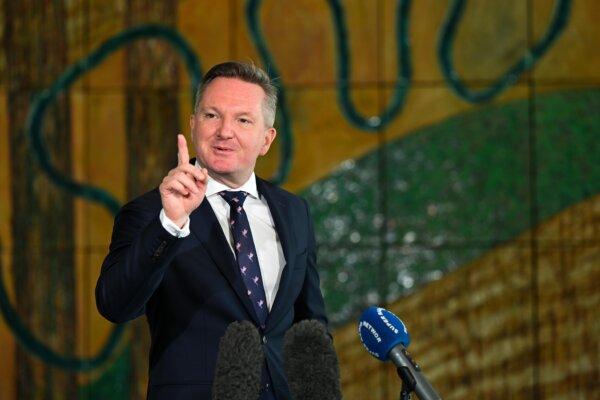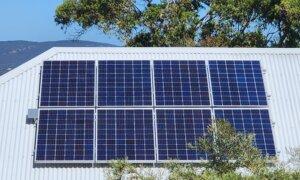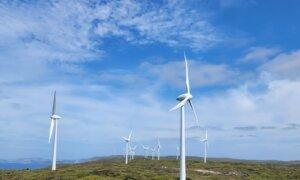Australia Allocates $330 Million for Decarbonising Heavy Industries
Climate Change Minister Chris Bowen emphasized that the investment announced by the Australian government would secure the future of the country’s heavy industry as it transitions to net zero emissions.
The Australian government has unveiled a significant funding boost to aid in decarbonizing the heavy industries in the country.
The federal Labor government revealed on April 24 that it would allocate $330 million (US$214 million) to support nine industry projects aimed at reducing carbon emissions.
Among the projects, the QAL Alumina refinery in Queensland will receive $90 million for energy efficiency upgrades, while $52.9 million will be directed to upgrading the klin and enhancing the usage of alternative fuels at a century-old cement manufacturing facility in Tasmania.
In Western Australia, $35 million will be invested to transition Murrin Murrin cobalt and nickel operations to renewables, with an additional $32.9 million dedicated to emission reduction at the CSBP chemical manufacturing facility in Kwinana.
Other significant investments include $50 million to reduce emissions intensity at the Adbri cement manufacturing plant in South Australia and $44 million to improve energy efficiency at the Shoalhaven Starches food manufacturing facility in New South Wales.
The government estimates that these investments will result in approximately 830,000 tonnes of CO2 being slashed annually, equivalent to the emissions of over 250,000 cars, and will create numerous new jobs during the construction phase.
Chris Bowen, the minister for Climate Change and Energy, highlighted the importance of this funding in ensuring the future of Australia’s heavy industry amid the shift towards net zero emissions.
“Regions such as Northern Tasmania, Central Queensland, and Western Australia have long been hubs of industrial activity, and the Albanese Government is committed to sustaining that legacy.
“With the rapid changes in global markets, we are supporting Australian industries not just to survive but to thrive by offering our exceptional products that bolster regional employment nationwide.”
Meanwhile, Shadow Energy Minister Ted O’Brien expressed concerns about the substantial spending by Labor on renewable energy and the transition to net zero.
Citing a study by a prominent energy economist, the shadow minister pointed out that over $60 billion worth of large energy projects targeted for completion by 2030 were not factored into Labor’s ambitious energy plan.
“It is time for Labor to be transparent with the Australian public and elucidate the real costs of its radical energy experiment.
“Despite Labor’s promises of reducing household electricity bills by $275, Australians are still grappling with some of the highest energy costs globally.”

In mid-April, Prime Minister Anthony Albanese announced the introduction of the Future Made in Australia Act by his government, a comprehensive plan aimed at enhancing investment, job creation, and economic prosperity while achieving net zero emissions by 2024.
The Act is expected to include government-backed incentives to support advanced manufacturing and clean energy industries in the country.
While specifics of the Act are pending disclosure, the prime minister referenced similar actions taken by other advanced economies such as the United States, the European Union, Japan, and South Korea.
Nonetheless, some top Australian economists cautioned against blindly replicating the approach of President Biden.
Instead, most economists suggested that the government focus on offering grants to various innovative firms, investing more in research and development across all sectors of the economy, fostering collaborations between businesses and universities, and supporting institutions like the Commonwealth Scientific and Industrial Research Organisation (CSIRO).
They argued that such investments are essential for revitalizing productivity growth, which has stagnated in recent years.





